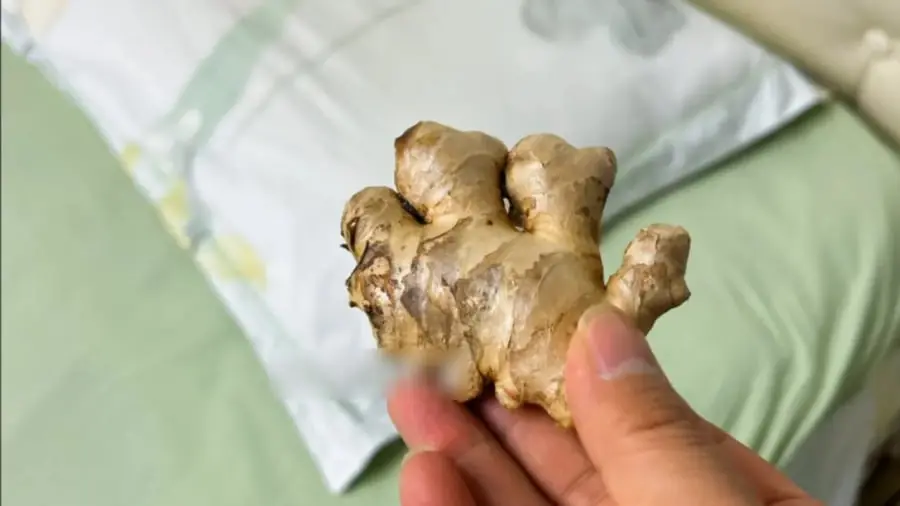
Tips for washing grapes to remove dirt and worm eggs, and to safely eat the skin
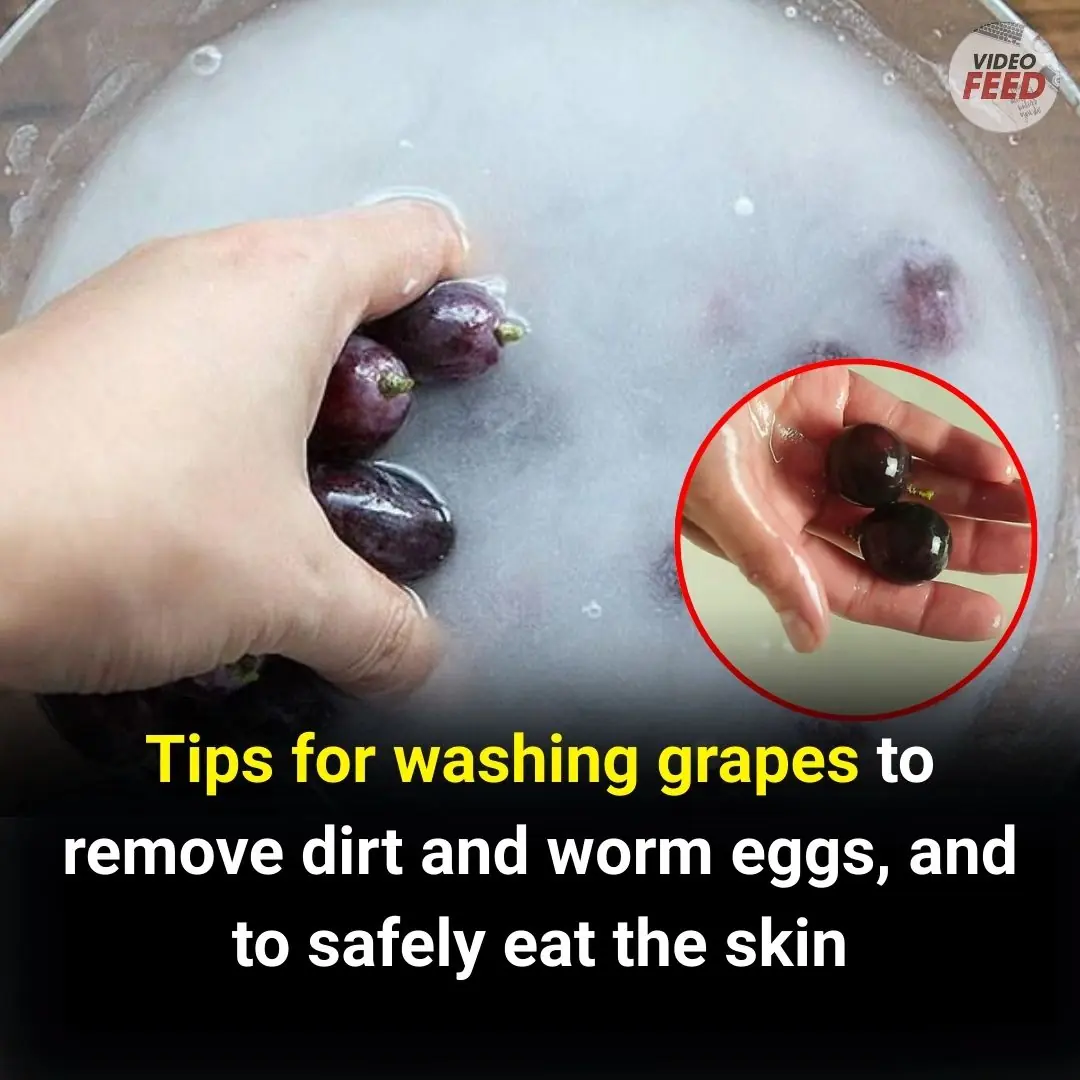
Grapes are a juicy fruit with high nutritional value, beneficial for health. They have a sweet and tangy flavor but are also very susceptible to pests and diseases. Therefore, during cultivation, farmers may use pesticides.
That’s why before eating grapes, you must make sure to wash them thoroughly to remove impurities and insect eggs. So, how should grapes be washed properly?
One of the most common mistakes people make when washing grapes is rinsing the whole bunch at once. Doing so makes it difficult to remove dirt and insect eggs lodged between the grapes.
Therefore, you should cut the grapes into individual berries before washing.
Cutting grapes before washing
Use scissors to cut the stem of each grape. Do not pluck grapes off by hand, as this can cause the skin to peel, allowing dirt and bacteria to stick to the flesh.
When cutting, leave a small portion of the stem attached to each grape.
Rinse with clean water
After separating the grapes, place them in a bowl, add water, and lightly rinse once to remove some of the dirt on the surface.
Soak grapes in rice water and baking soda
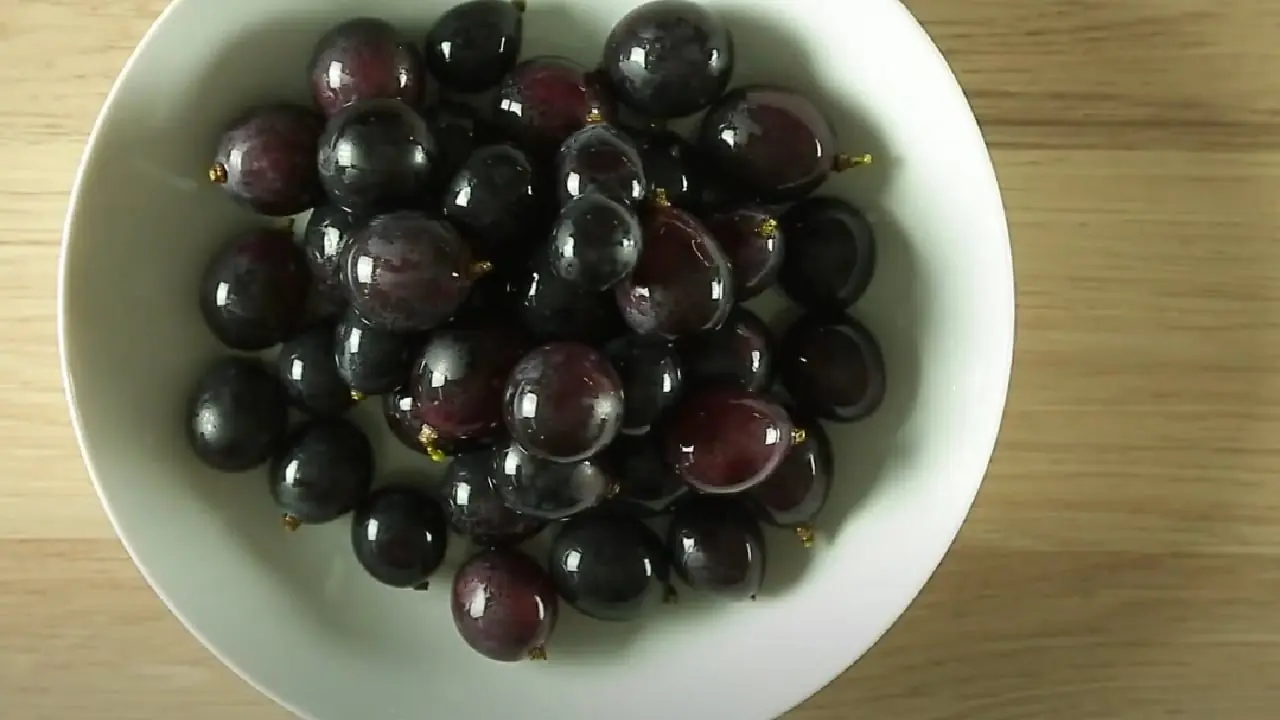
Pour rice water into a bowl and soak the grapes in it. The water should be enough to cover all the grapes. Rice water has mild alkalinity, which helps neutralize residual chemicals. It also helps remove dirt clinging to the grape skins.
Then, add about 1 tablespoon of baking soda to further clean the grapes and dissolve oil-based compounds (if present) on the skin.
The combination of rice water and baking soda enhances the cleaning effect.
Stir the grapes in the rice water and soak for about 5 minutes. You’ll notice the water becoming cloudy or dirt floating to the surface. Note: do not soak for too long, as it may make the grapes mushy.
If rice water is not available, you can add a little flour to the grapes, mix well, then add water and stir until the flour dissolves. After that, add baking soda as usual.
Rinse again with clean water
After soaking, scoop out the grapes and rinse them at least 2–3 times with clean water to remove any remaining residue.
Drain the grapes in a basket before serving them on a plate.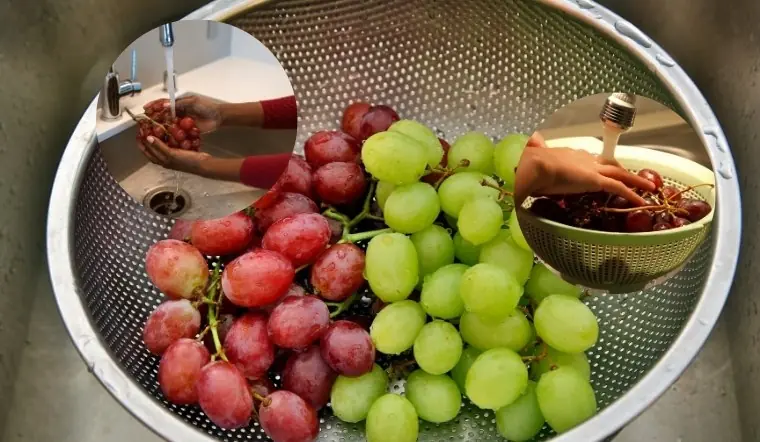
White powdery coating on grapes
Grapes may have a thin white coating on their skins. Many people mistake this for dirt or chemical residue. In fact, this is a natural bloom. Not only grapes but also cucumbers, plums, and other fruits can have this thin powdery layer. It is secreted naturally by the fruit to reduce water loss and protect against mold—a natural defense mechanism of plants.
This bloom is not harmful to humans, and the fruit does not need to be scrubbed completely clean to be safe. If some white powder remains after washing, there’s no need to worry.
News in the same category

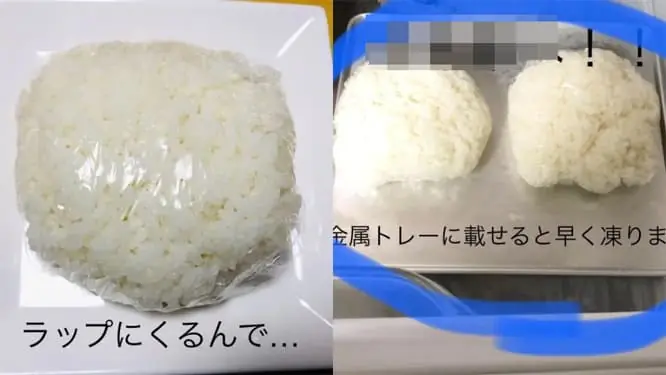
Storing Leftover Rice the Japanese Way
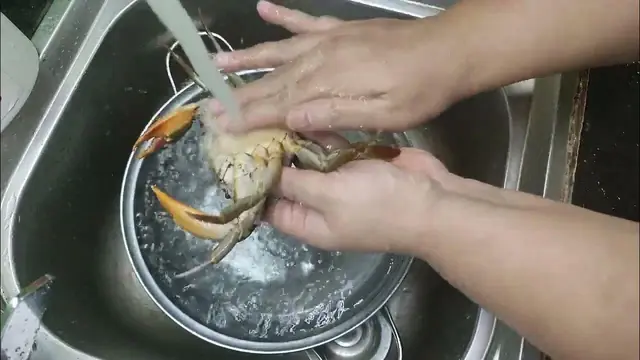
These 5 Secrets Are the Real “Saviors” for Keeping It Fresh!

Avoid These Plants If You Don’t Want Snakes Near Your House
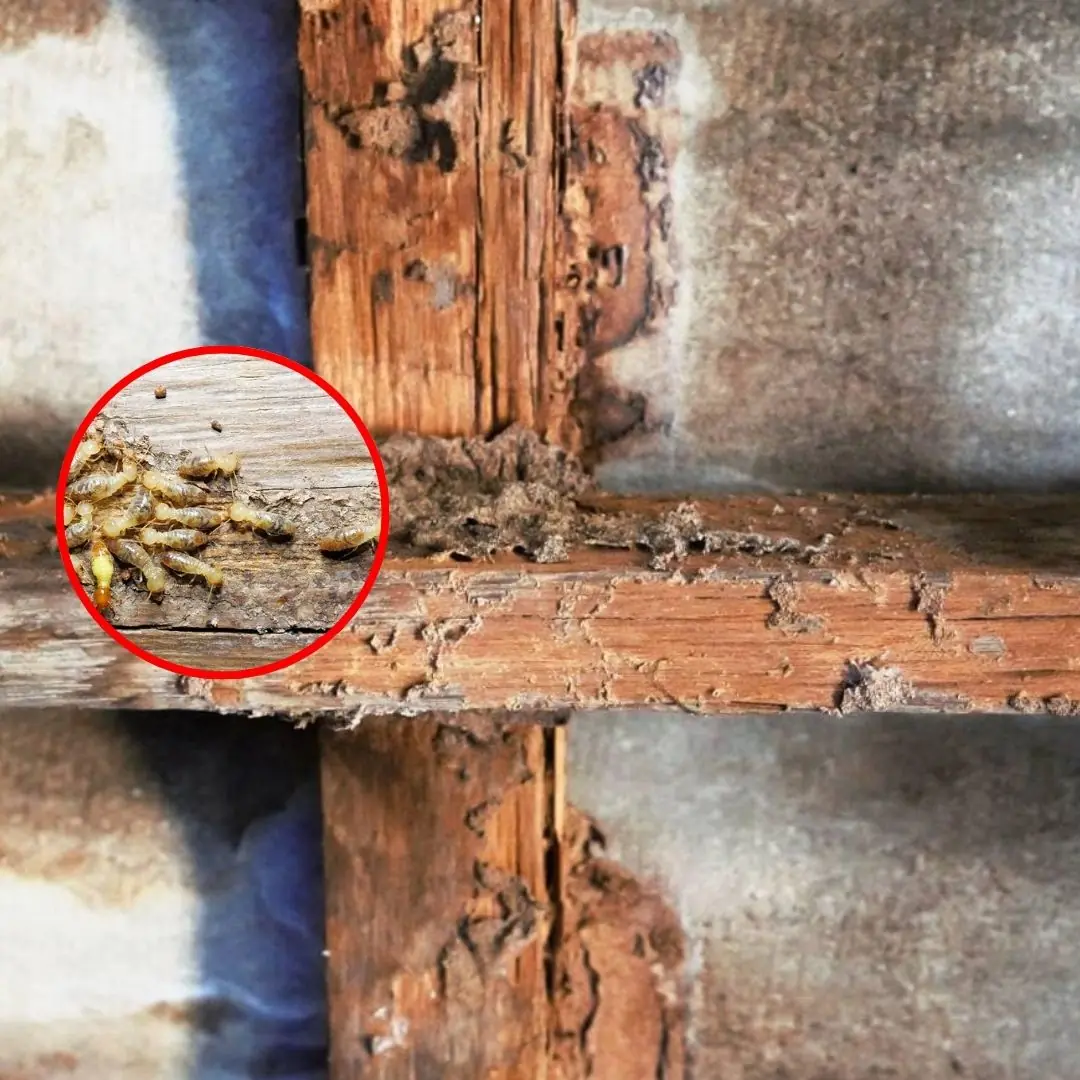
6 Proven Ways to Get Rid of Termites From Wooden Furniture
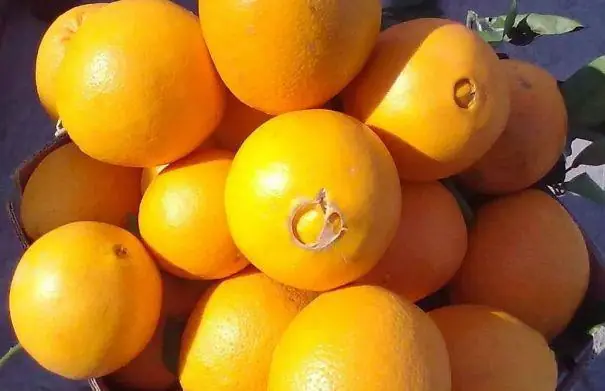
Should You Pick Na.vel Oranges With a Big or Small “Na.vel”?
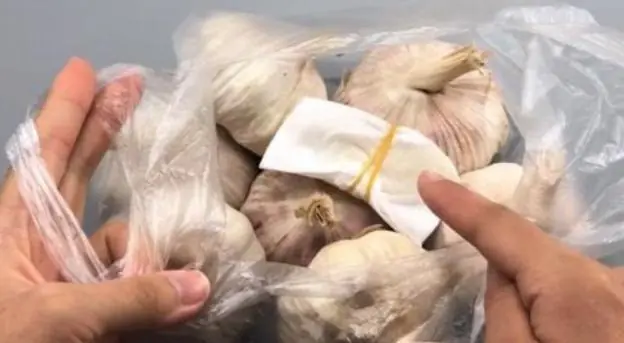
3 super easy garlic storage hacks
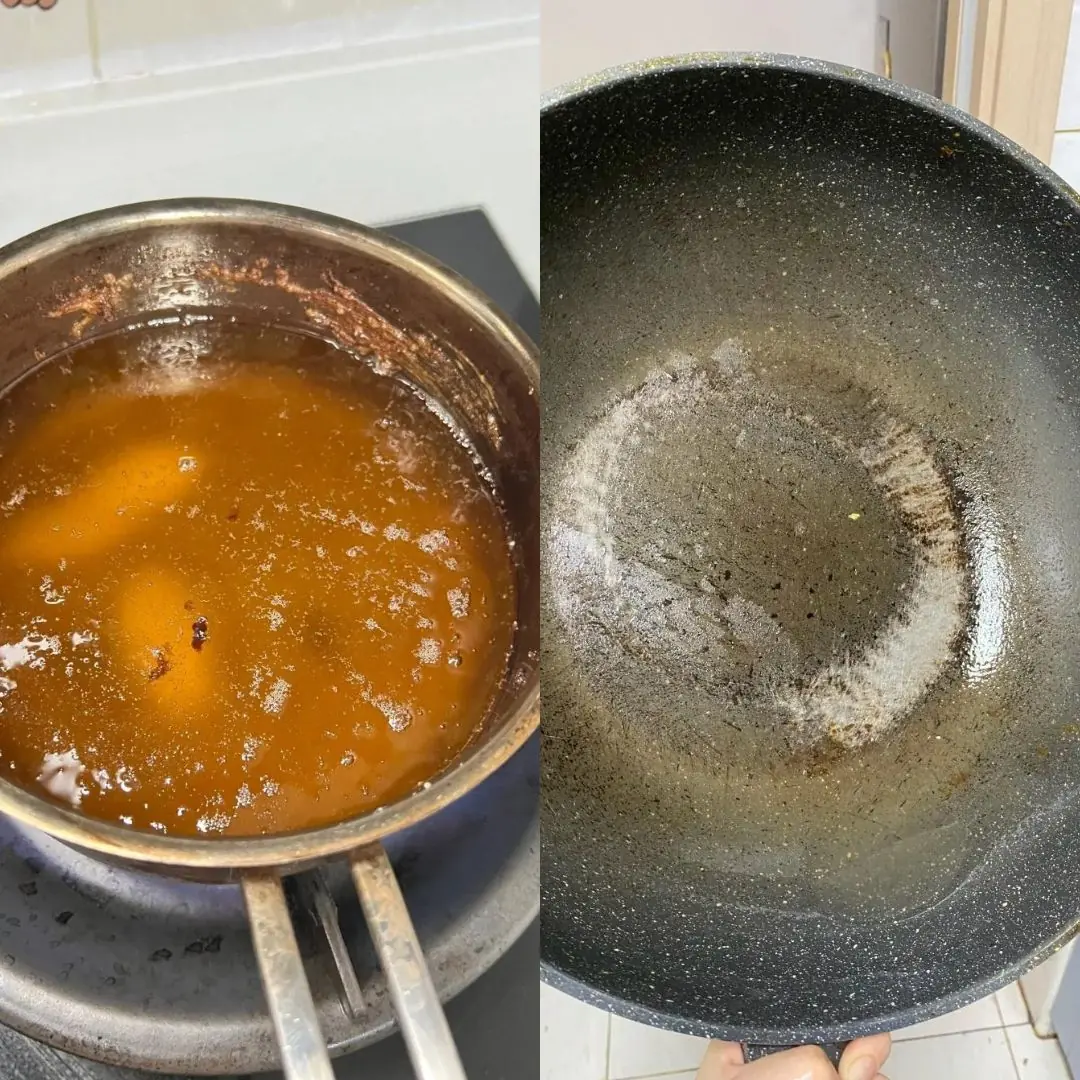
The More You Save, the Sicker You Get: 6 Dangerous Kitchen Habits to Stop Immediately
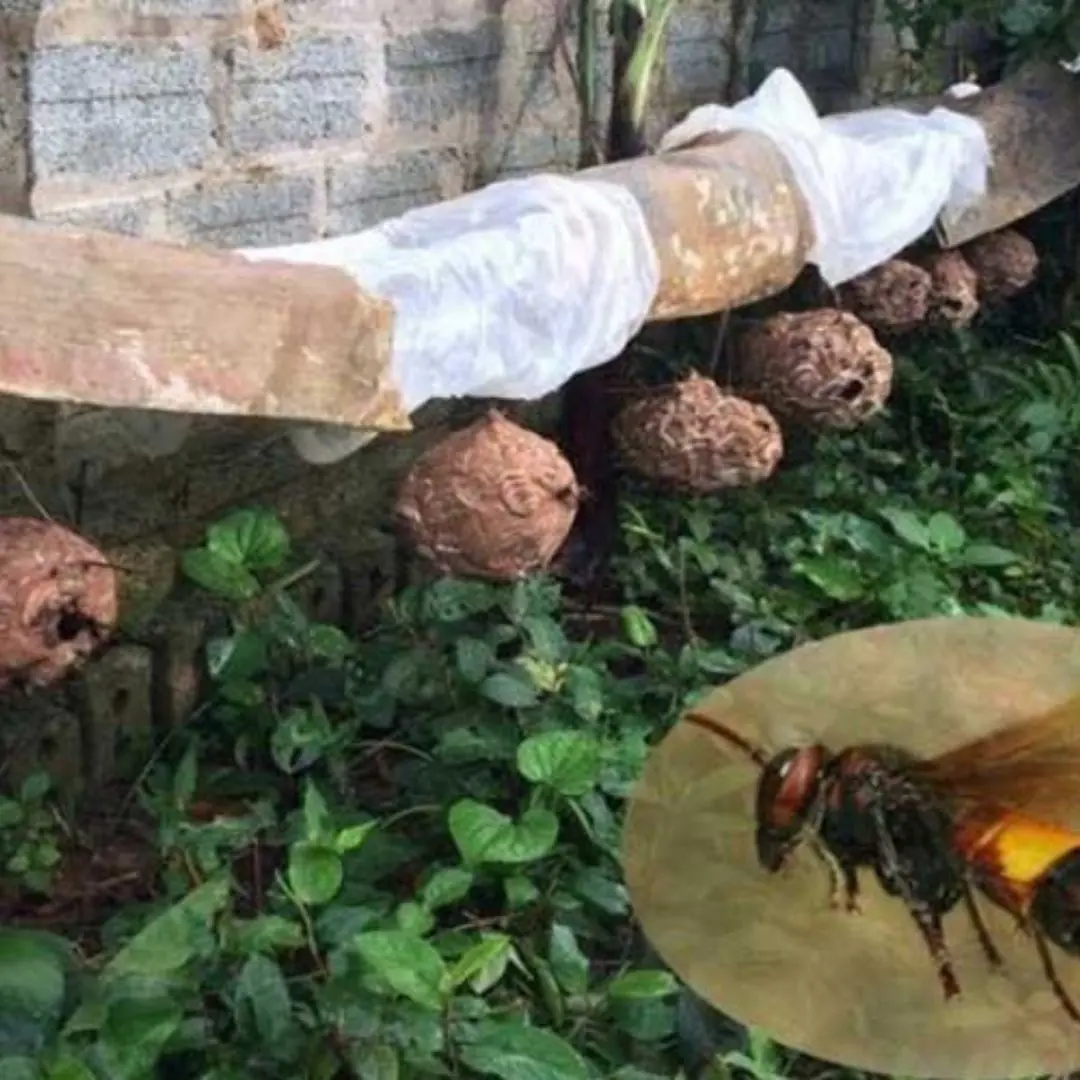
What smell do wasps fear? 4 non-toxic ways to kill wasps
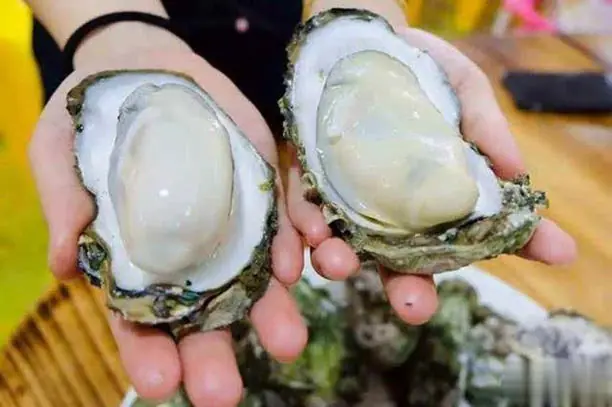
When Buying Oysters, Never Choose These 3 Types
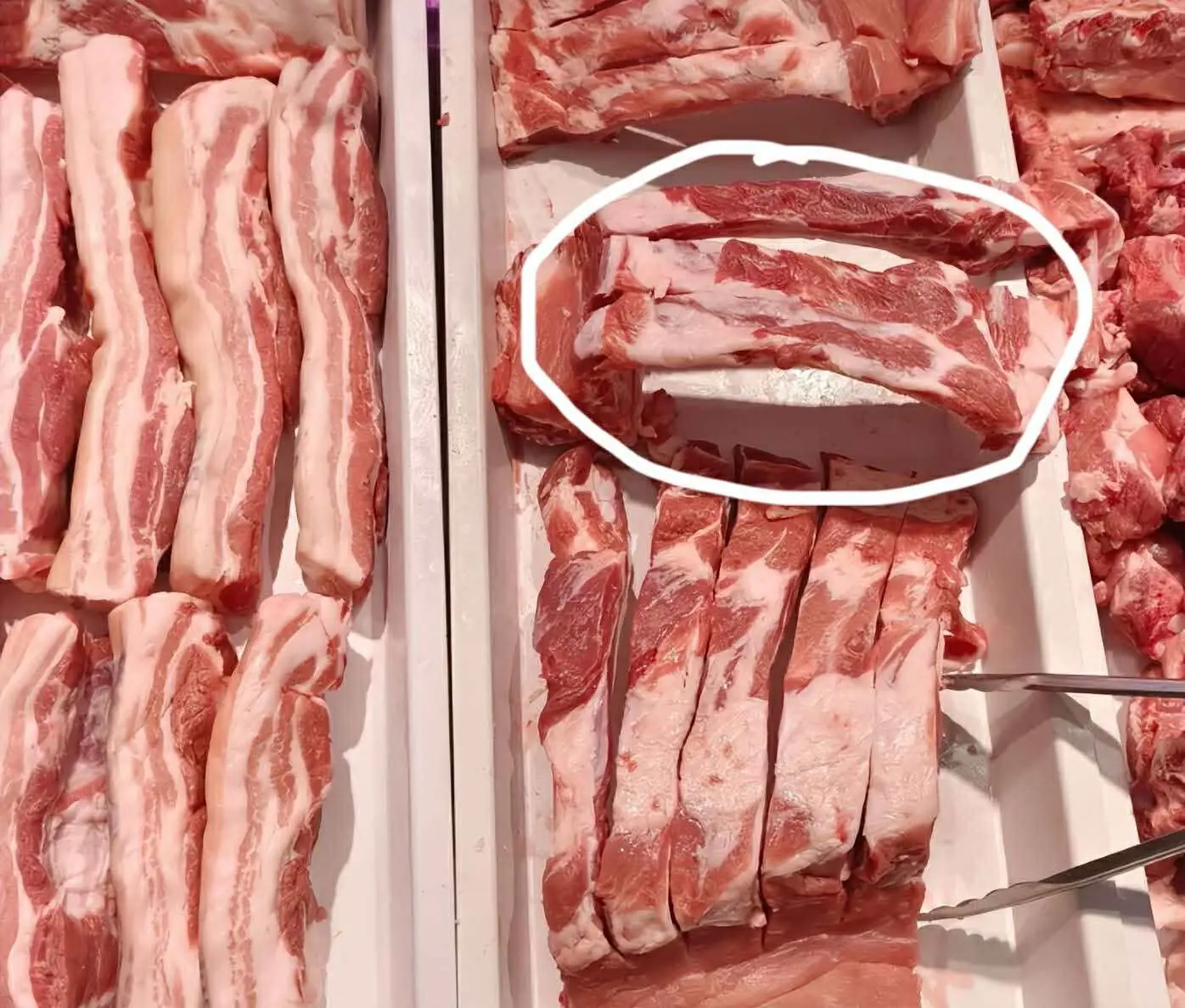
Don’t Buy These “4 Types” of Pork Ribs No Matter How Cheap They Are
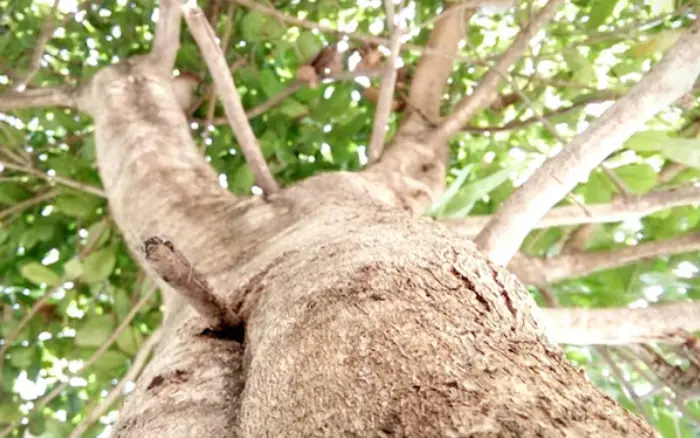
3 Lucky Plants That Bring Prosperity and Wealth
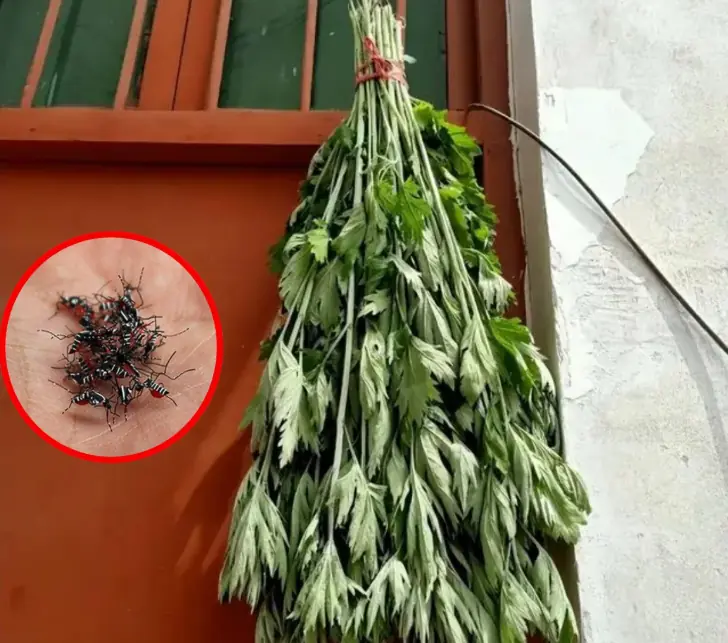
Just hang a handful of these leaves in front of your door - flies and mosquitoes will disappear

8 types of plants that attract snakes into the house
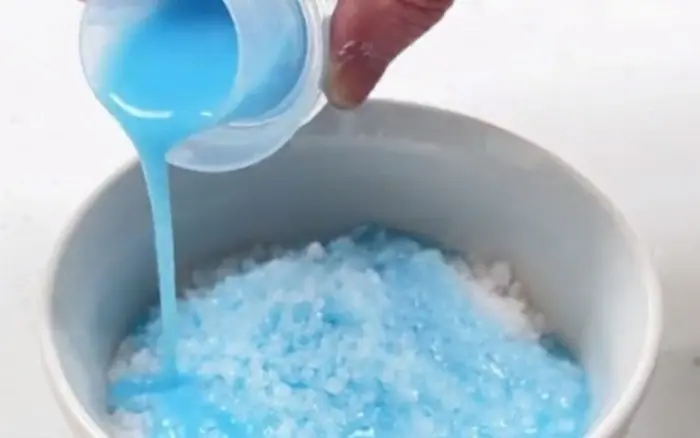
Mixing fabric softener with salt: Great use to solve household problems
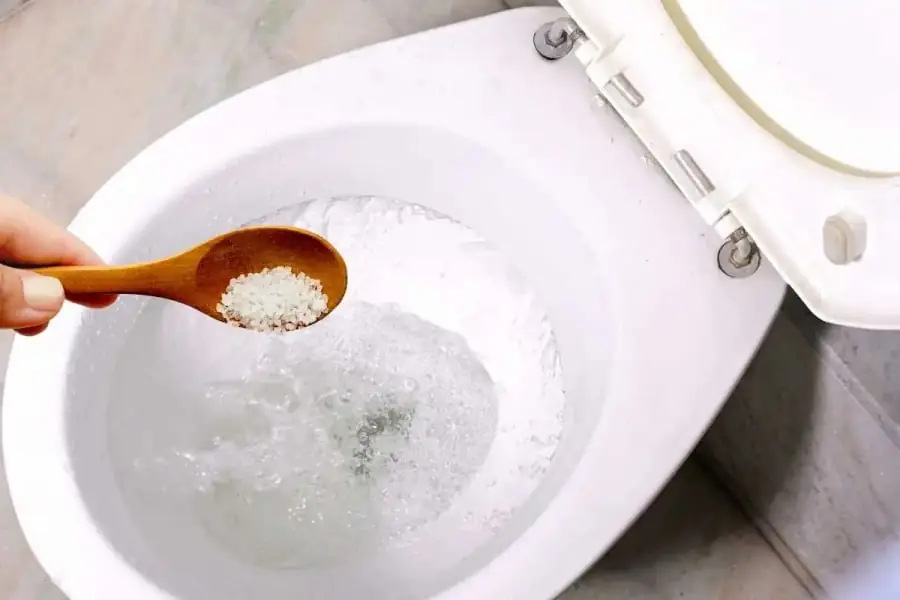
Pour Salt into the Toilet: The Surprising Benefits Every Home Needs
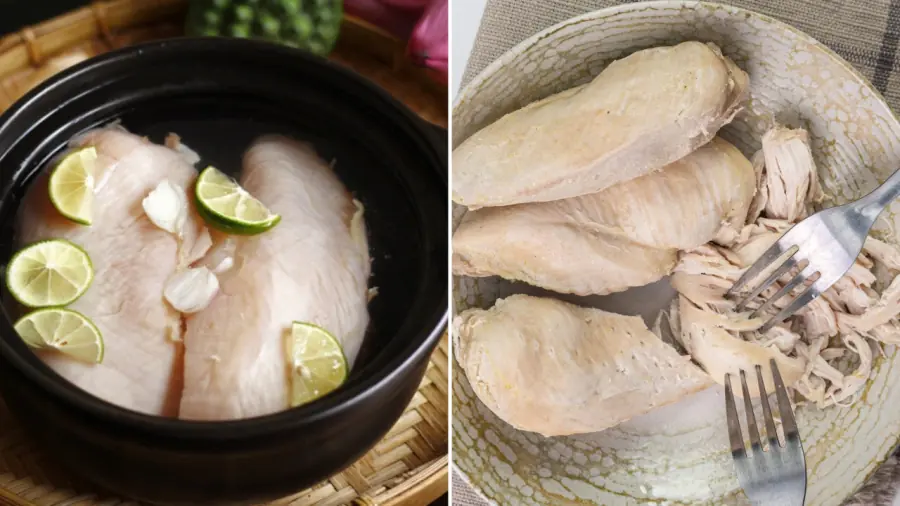
Do This Extra Step Before Boiling Chicken Breast for Juicy, Tender, and Not-Dry Results
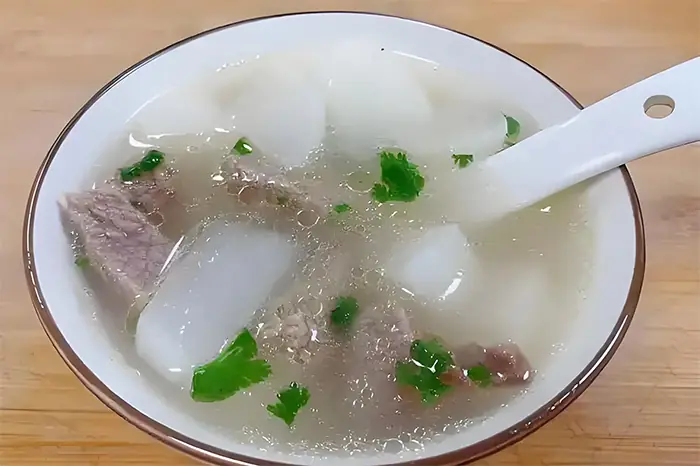
In Autumn, Eat These 3 Lu.ng-Nourishing Dishes Regularly to Prevent Cough and Thr.oat Irritation
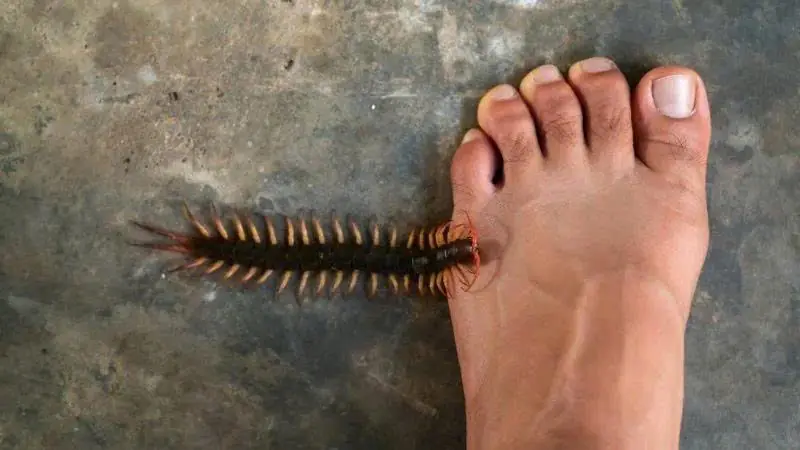
Reasons you should not ki.ll millipedes
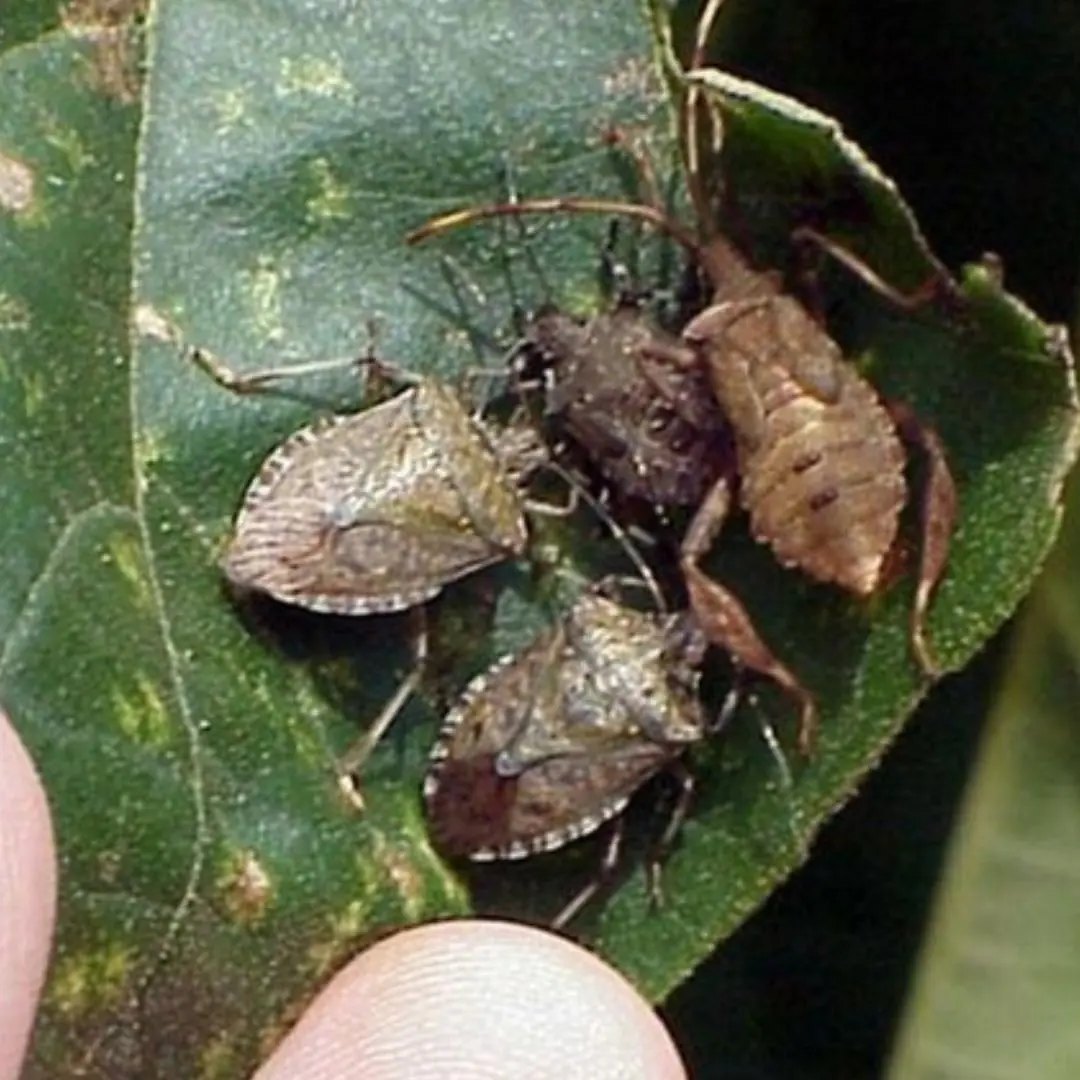
When A Brown Bug Like This Appears In Your Yard, Immediate Action Is Required
News Post

Place a Piece of Ginger by Your Bedside

70% of Ova.rian Can.cer Cases Are Diagnosed at a Late Stage

5-Year-Old Boy’s Sto.mach Pain Leads to Shocking Discovery
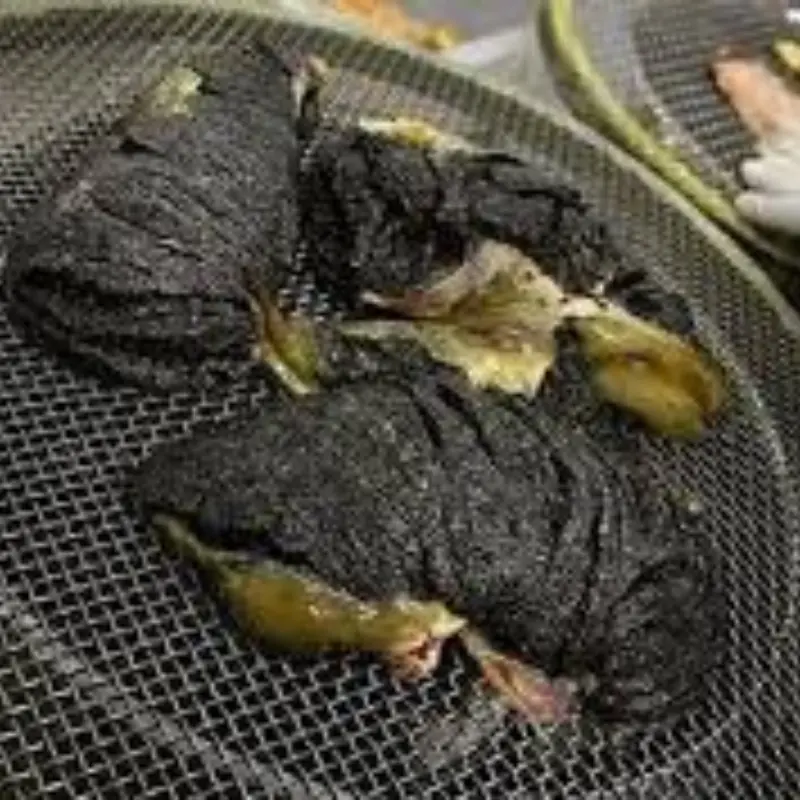
Once Used as Pig Feed, Now a Luxury Delicacy Worth $3 Million per Kilogram
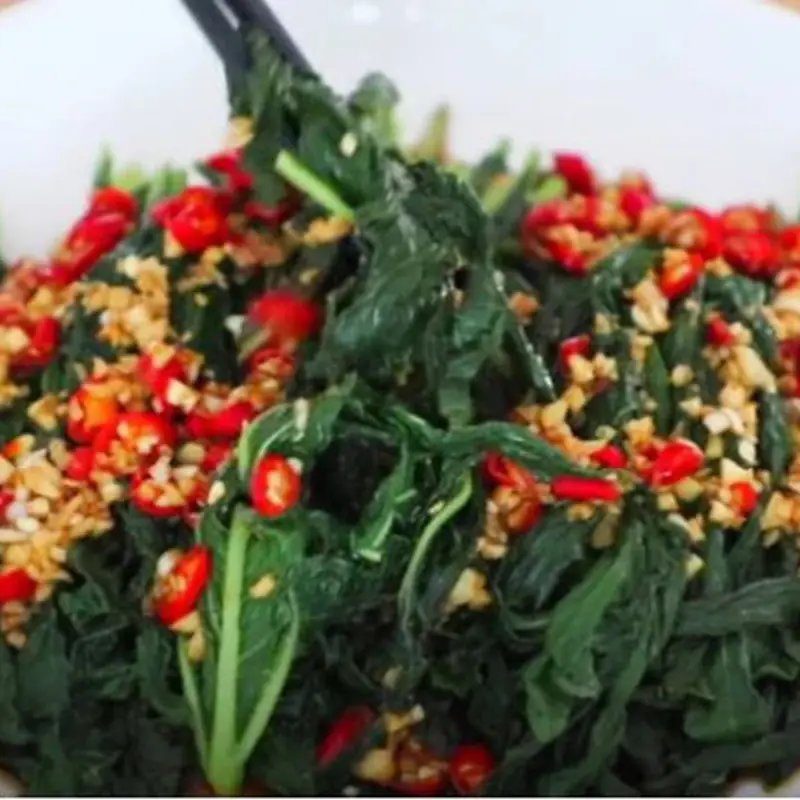
The Overlooked ‘Ginseng for the Poor’ Growing Wild in the Countryside

The Habit That Puts Millions at Risk of Pancreatic Can.cer
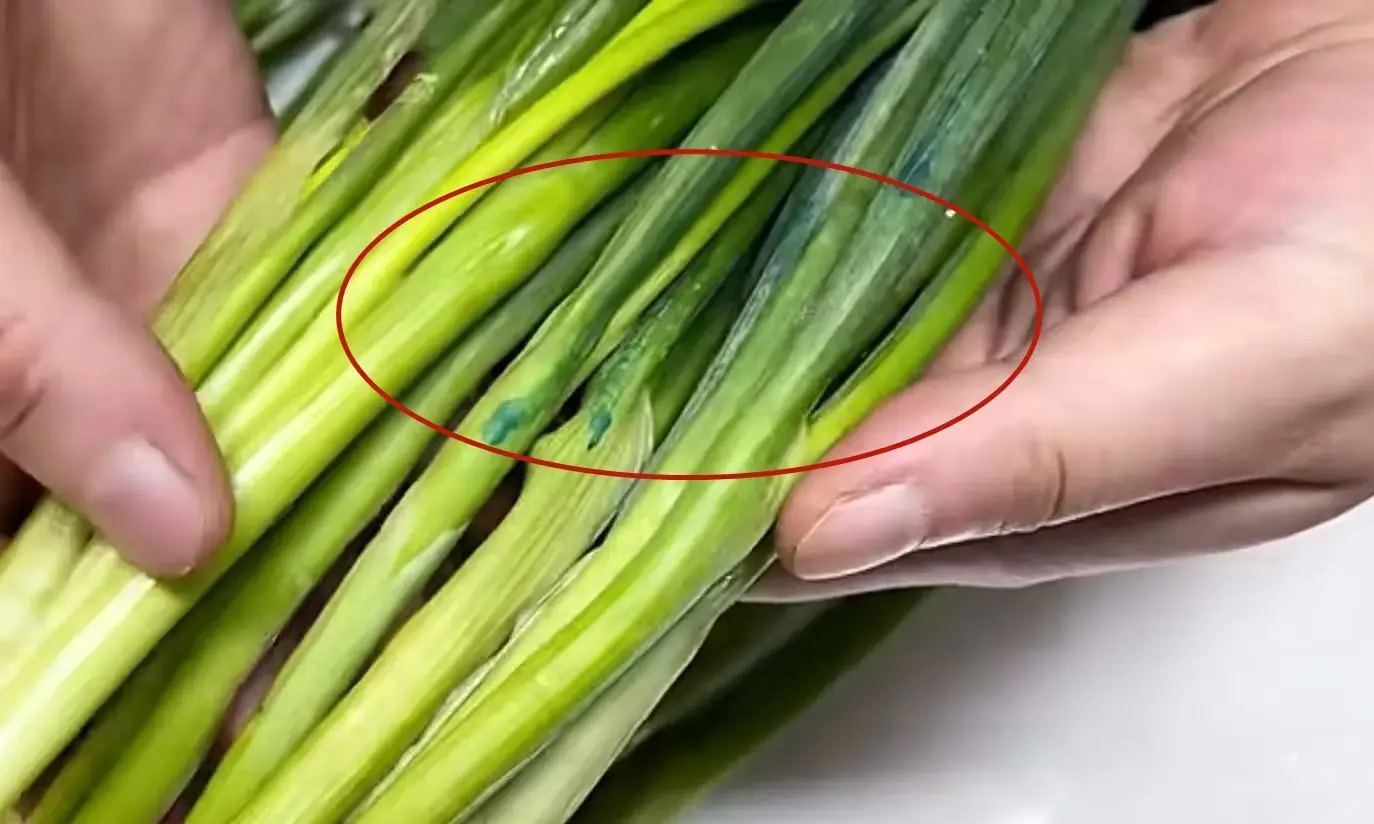
5 Types of “Chemical-Soaked” Produce You’ll Find at the Market
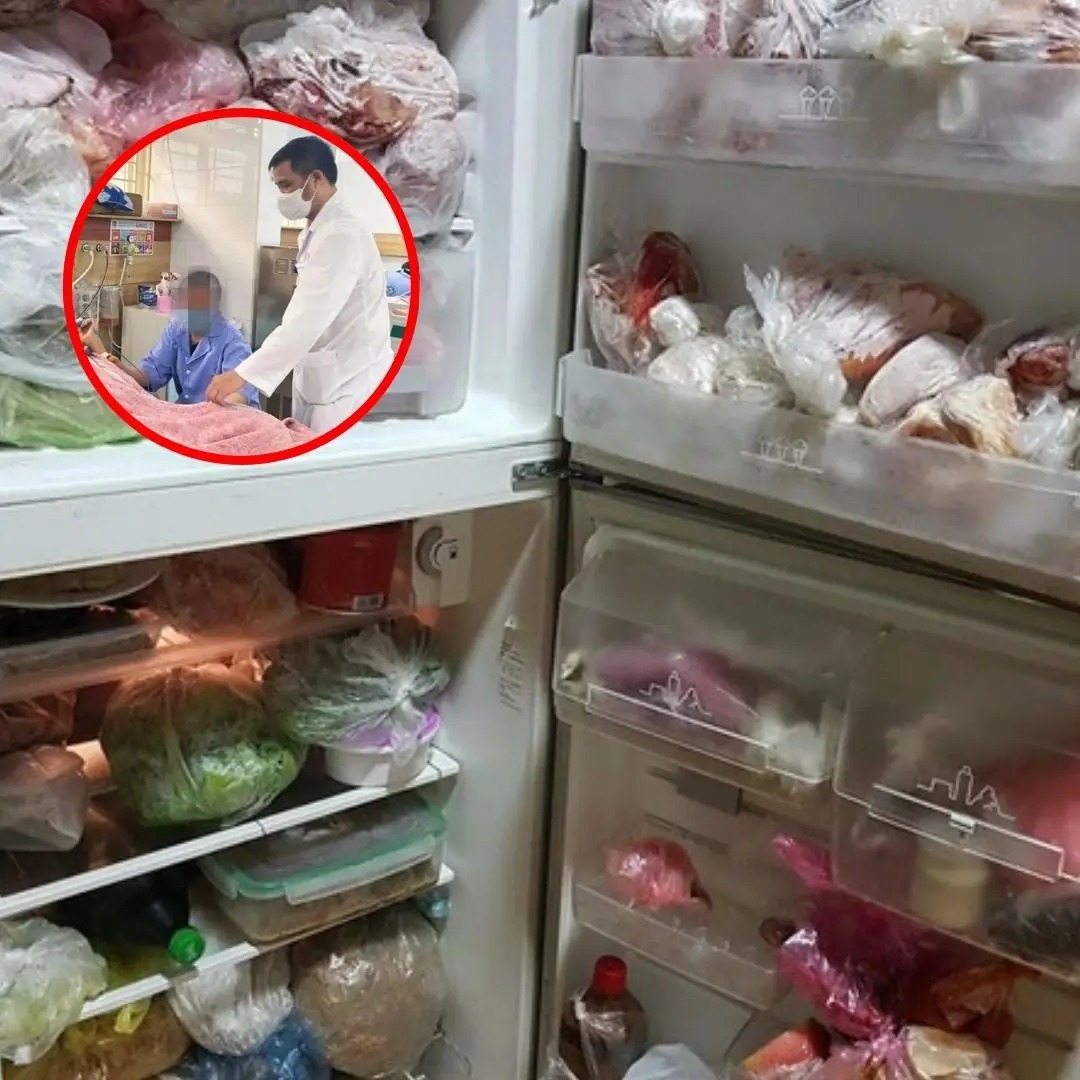
Tragedy Strikes: One Dead, Three Fighting for Life After Eating Leftover Meat Stored in a Freezer
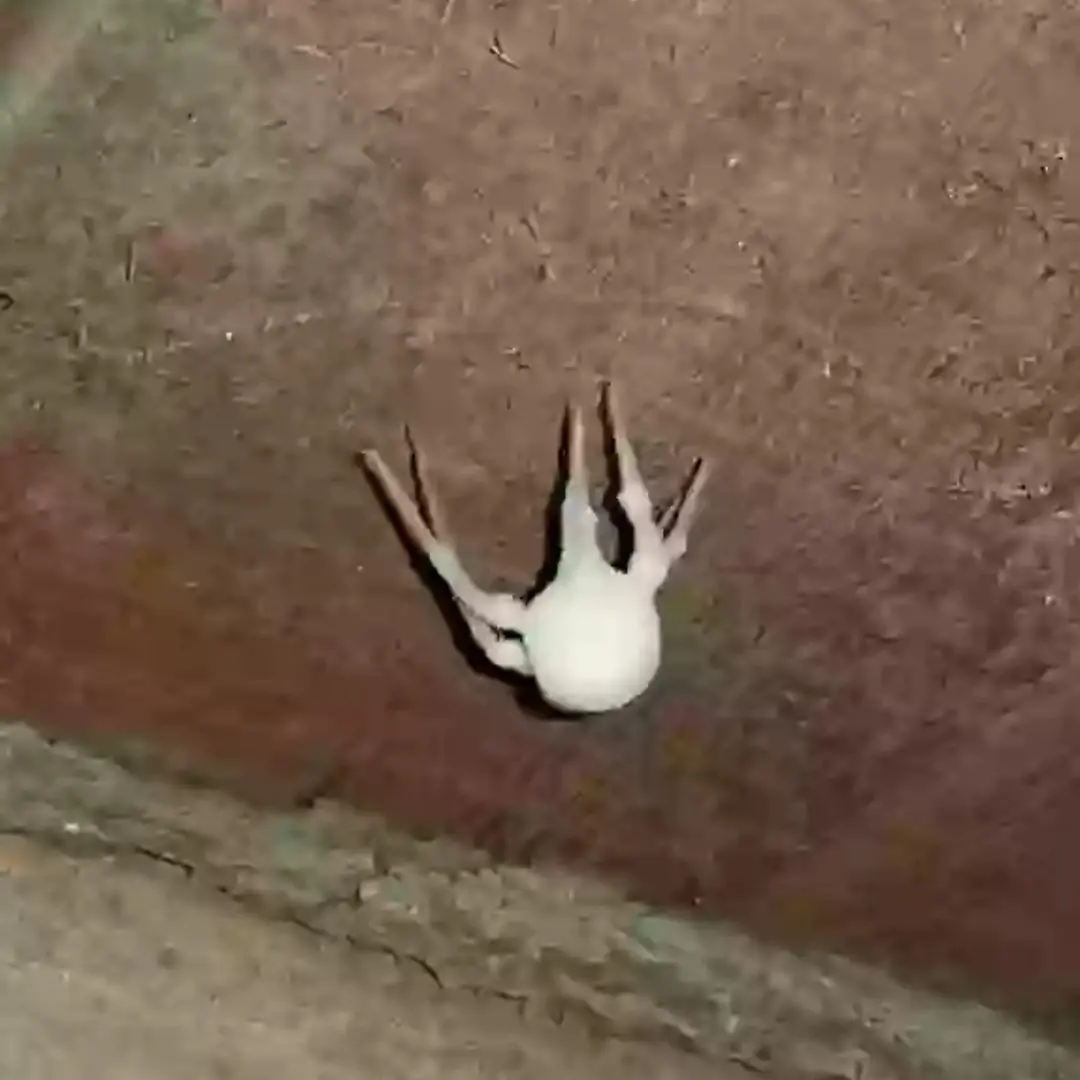
Strange Infected ‘Zombie’ Spiders Invade US Homes — Scientists Sound the Alarm

Woman Declared De.ad for 24 Minutes Reveals in Detail What She Experienced Before Returning to Life
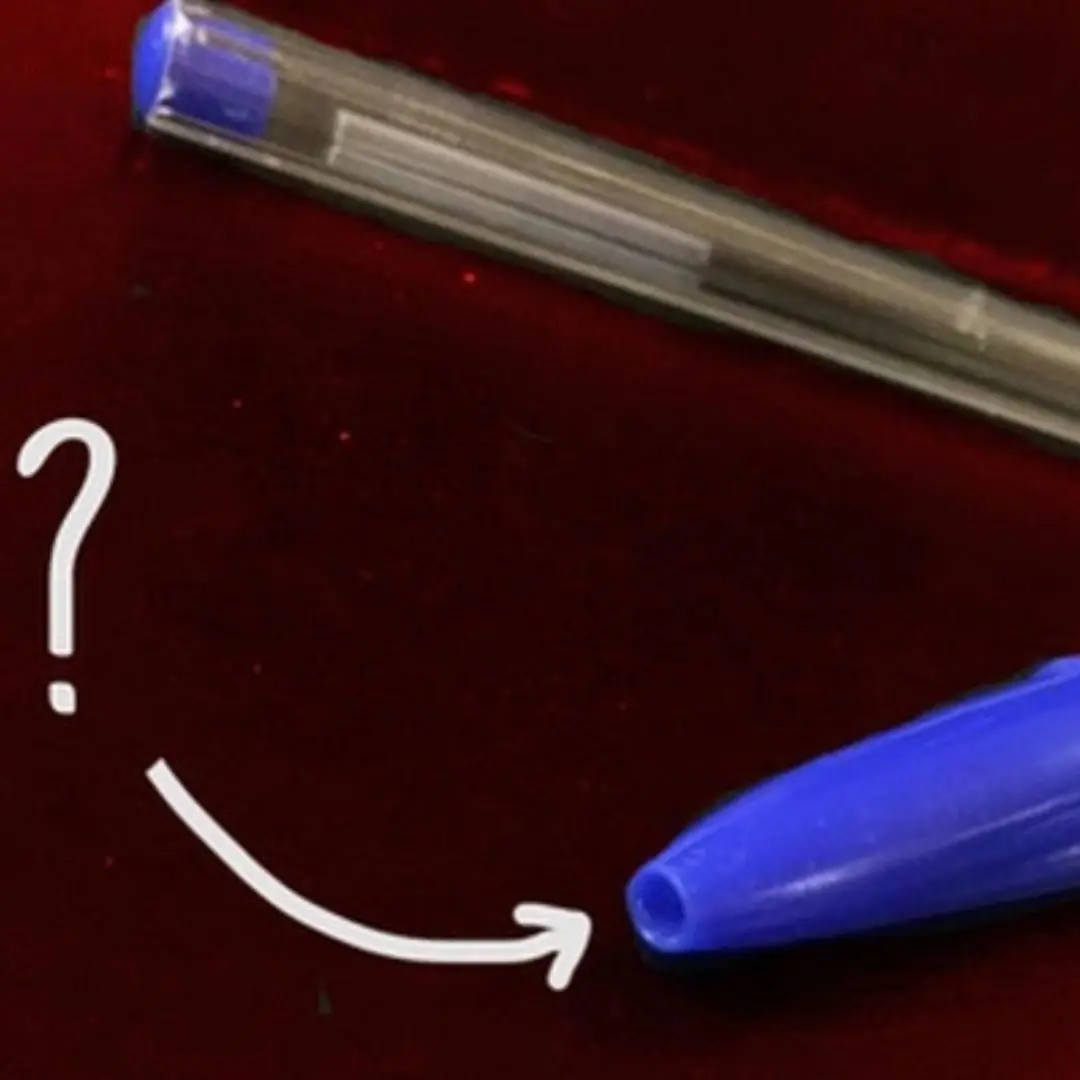
The small hole in the cap of a ballpoint pen – Not for “decoration”, but for a surprising safety reason

Doctors issue warning over everyday bathroom mistake linked to severe medical risks
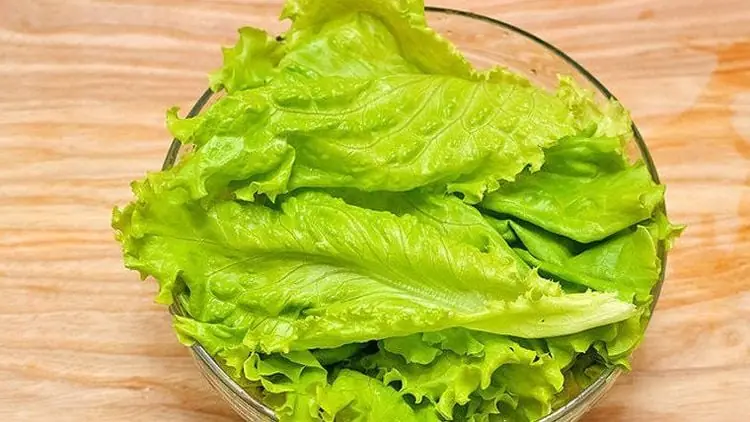
A 33-Year-Old Woman Ate Lettuce at Every Meal—Three Months Later

7 Foods That Can Turn He.art Medications into a “De.adly Poi.son”

Storing Leftover Rice the Japanese Way
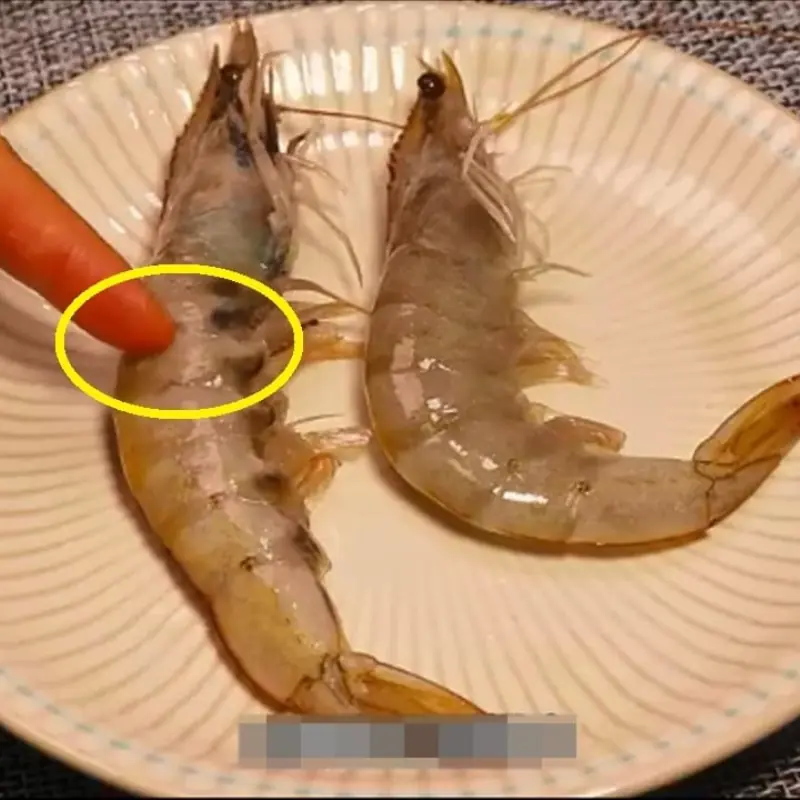
Seafood Shop Owner Warns: 4 Types of Shrimp You Should Never Buy
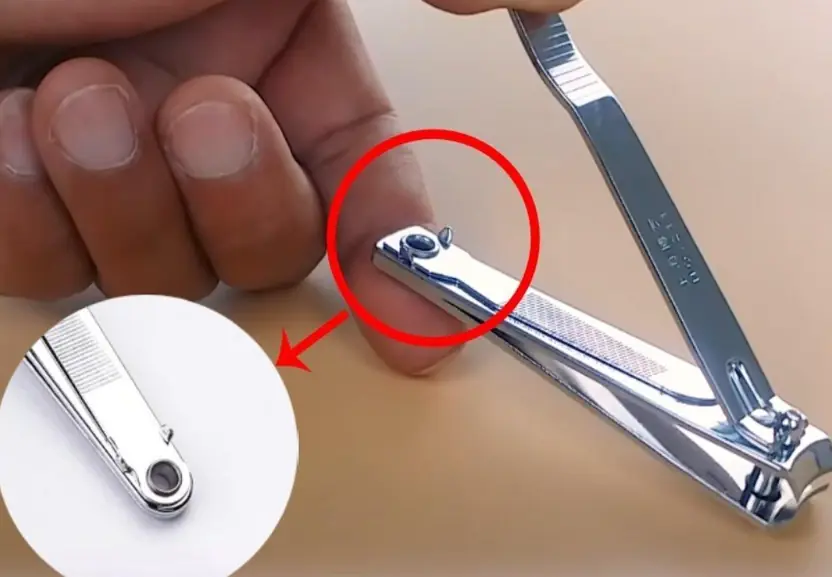
The hidden function of the small hole in a nail clipper

Catching Nasopharyngeal Cancer in Its Early Stages May Offer a 72% Survival Rate

These 5 Secrets Are the Real “Saviors” for Keeping It Fresh!
